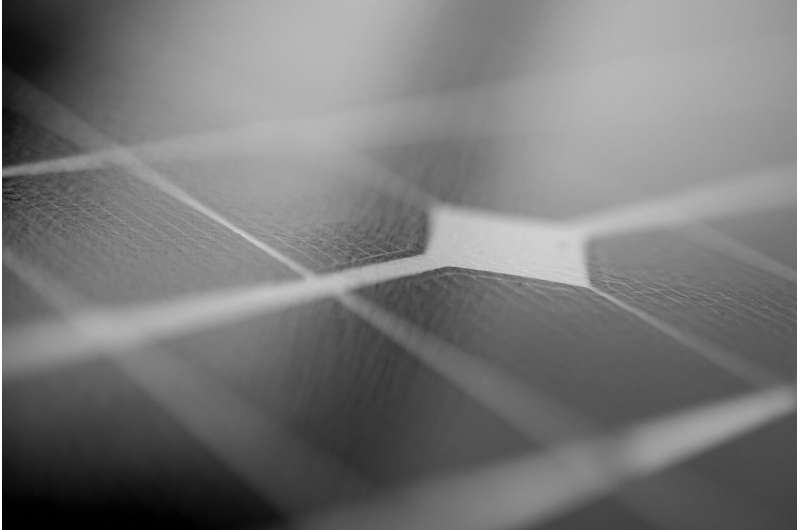How floating solar panels are being used to power electric grids

In a world of finite land, solar farms can take up a lot of space. But there’s a solution for that scarcity: panels that float.
In nearly a dozen countries around the world, floating solar farms are providing a welcome alternative to ground-mounted modules, with the potential to significantly boost clean power as the world races to cut carbon emissions.
Massive solar farms can now be found atop bodies of water in China, South Korea, Japan, Thailand, Portugal, Singapore and Switzerland. Nations that include India and Indonesia are developing such projects, and the world’s largest man-made lake—on the border of Zambia and Zimbabwe—may also get floating solar panels to supplement local hydropower.
“Land use is becoming a big issue for renewables. People are worrying about competing uses of land, and in some markets, you might struggle to find land,” says Lara Hayim, head of solar research at BloombergNEF. “So in those places, there is a bit of an incentive to build on water.”
Like land-based systems, floating solar panels generate electricity from the sun’s rays. But the bodies of water that these farms rest on also help to cool the panels, allowing them to be 15% more efficient than terrestrial solar, per an estimate from the Environmental and Energy Study Institute.
Floating solar can complement other renewable energy sources. Thailand’s hydro-floating solar hybrid system in the Sirindhorn Dam combines hydropower and floating solar, so it generates electricity in both sunny and cloudy conditions.
Southeast Asian countries, including China and South Korea, invested early and heavily into floating solar. Europe is starting to catch on, too: The continent is now floating solar’s second largest market, according to researcher Wood Mackenzie.
As water constraints increase around the world, floating solar might also help preserve supply. The panels can limit evaporation from the reservoirs and lakes on which they sit. Early indications suggest that the structures might decrease the chances that harmful algae blooms will develop on bodies of water.
But it’s unclear whether floating solar could have negative impacts on wildlife and water quality, says Sika Gadzanku, a researcher at the National Renewable Energy Laboratory, which is linked to the U.S. Energy Department. “We need more research collaboration.”
For now, the biggest obstacle to adoption—other than available space—might be cost. In addition to panels, a floating solar system requires anchoring systems to keep them locked into place. That helps make a floating farm roughly 25% more expensive to install than one on land, she says.
The next frontier of floating solar may not be on Earth at all. In September, Longi Green Energy Technology Co., one of the world’s biggest solar manufacturers, said it would send panels into space, the first step in plans to test the possibility of harnessing the sun’s power in orbit.
2023 Bloomberg L.P.
Distributed by Tribune Content Agency, LLC.
Citation:
How floating solar panels are being used to power electric grids (2023, March 9)
retrieved 9 March 2023
from https://techxplore.com/news/2023-03-solar-panels-power-electric-grids.html
This document is subject to copyright. Apart from any fair dealing for the purpose of private study or research, no
part may be reproduced without the written permission. The content is provided for information purposes only.
For all the latest Technology News Click Here
For the latest news and updates, follow us on Google News.
